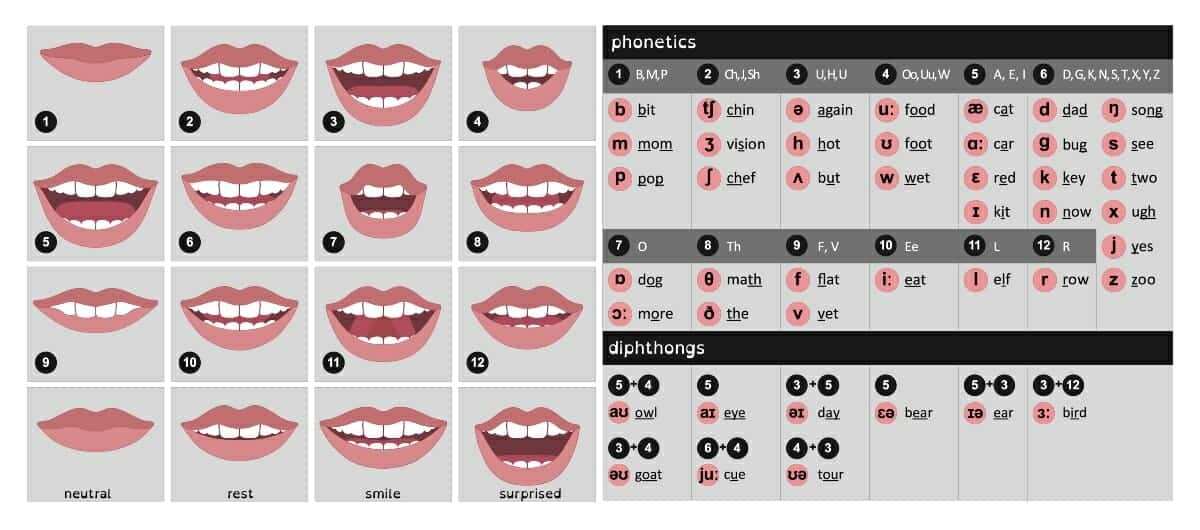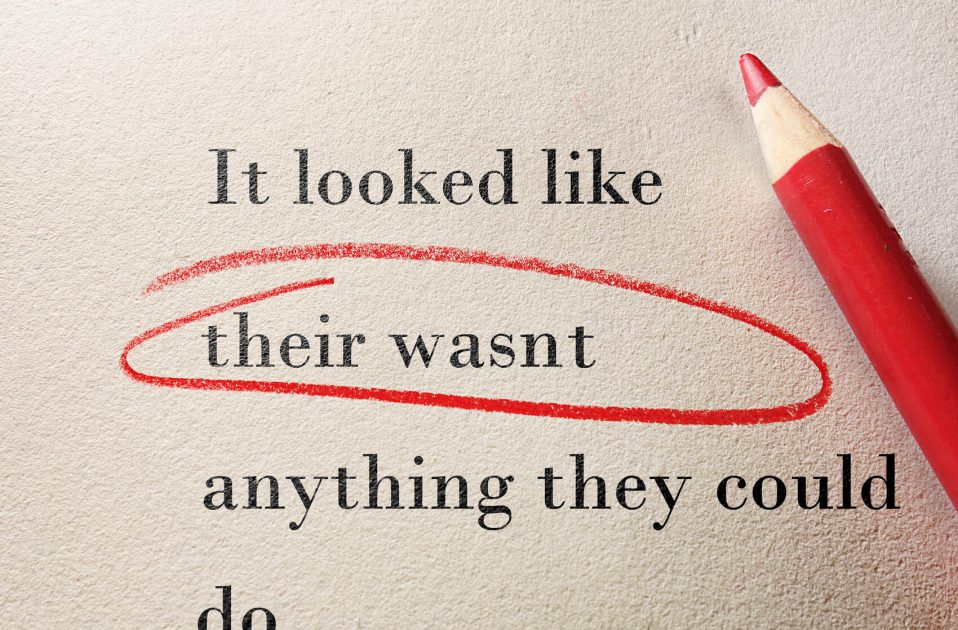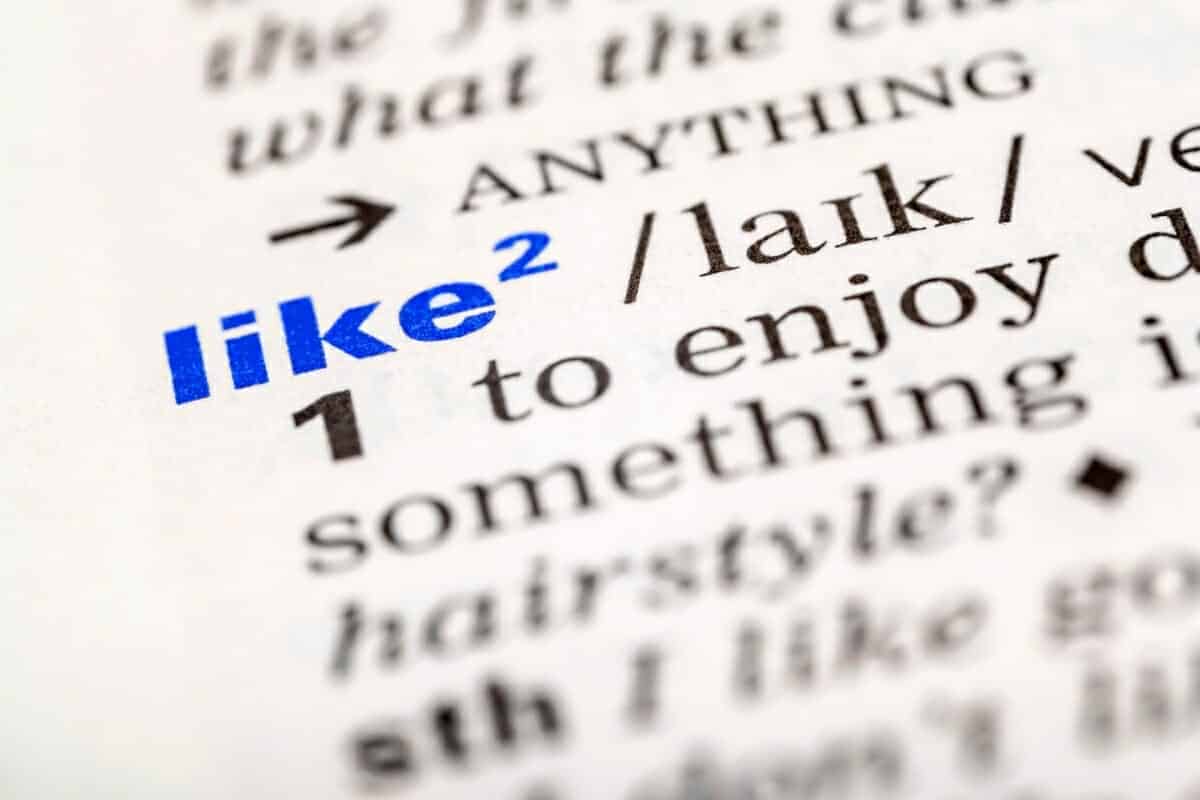What Is The IPA? An Introduction To The International Phonetic Alphabet
Join a global community of over 200,000 TEFL teachers working throughout the world! Enrol me!
If you hear the abbreviation IPA, do you think of beer? If you do, then this is for you. In the linguistics world, IPA stands for the International Phonetic Alphabet. It’s a very useful tool to have at your disposal in the EFL classroom, but you need to know what it is to be able to use it!
What is the International Phonetic Alphabet?
The IPA is a system of phonetic notation used to represent the different sounds of languages. It allows us to transcribe words in languages and pronounce them correctly, no matter the language.
Who invented the International Phonetic Alphabet? It was created in 1888 by Paul Passy, a French linguist.
When we teach English as a foreign language we are concerned with the sounds, or phonemes, which make up the English language. While there are hundreds of phonetic sounds in the IPA, in English we are dealing with 44 phonetic sounds. These are all the sounds in English. The IPA is used to teach pronunciation.
Read more: Pronunciation Terms You Should Know

The International Phonetic Alphabet can be translated into a chart. These charts can look confusing, but they’re not as difficult as you may initially think. The IPA chart is divided into sections:
- vowel sounds (Note: vowel sounds, not vowels)
- dipthongs
- consonant sounds
There are also some diacritics* which help us understand the pronunciation of the sounds. For example, the two dots which you can see on certain sounds show that that particular sound is a long sound.
Handy hint: If you’re wondering how to type the International Phonetic Alphabet, this website allows you to copy and paste phonetic symbols in Word into your lesson plans.
*A diacritic is a sign or a glyph written above or below a letter to indicate a difference in pronunciation. For example, an accent, such as in café.
What is the purpose of the International Phonetic Alphabet?
The IPA is used to portray the different sounds of languages. It aims to provide a unique symbol to represent each distinct sound in a language.
Different languages can use the same letters for different sounds. Some languages use the same letters to make different sounds within the language. Some languages have different pronunciation for the same letters, such as with American English and British English. And then there are languages which use an alphabet other than the Roman alphabet, so the IPA makes it possible to pronounce words from that language without being able to read that alphabet.
How do I teach the International Phonetic Alphabet in the classroom?
There are different schools of thought on this. It’s not necessary for your students to sit down and study the IPA. But it can be useful for them to know what the symbols represent so you can utilise them when teaching pronunciation.
To do this:
- introduce the symbols as they come up in the lessons,
- re-use them regularly to familiarise your students with them.
It makes sense to do this with the most common sounds.
Of course, this doesn’t mean that you don’t need to know the IPA. But again, you don’t need to spend your weekend learning all the different symbols. Instead, you can familiarise yourself with the sounds over time.
Handy hint: There are a number of free websites with helpful illustrations to help you remember the sounds correlating to the IPA symbols. You can also click on the sounds to hear them.
Read more: Pronunciation-Specific Pronunciation Problems For English Language Learners

How is the International Phonetic Alphabet useful for our learners?
The IPA helps us understand that their and there have the same pronuciation, even though their spelling is different.
The next obvious question is to ask why our students need to know the IPA in the first place.
Firstly, consider that many sound-spelling correspondences are quite tricky in English. Being able to identify the sound that a particular spelling sequence corresponds to is invaluable. Sound-spelling correspondences are the cause of many spelling and pronunciation errors our learners make.
Remember that any time a learner looks up a word in the dictionary they will find the phonetic transcription of the word. Knowing the IPA will help them pronounce the word properly.

Knowing and understanding the International Phonetic Alphabet is one of the first steps a TEFL teacher should take to teach English pronunciation well. Introduce it into your lessons and your students will benefit even when they’re learning outside the classroom.
Check out our webinar to find out more:
Accreditation & Quality Assurance
The TEFL Academy was the world’s first TEFL course provider to receive official recognition from government regulated awarding bodies in both the USA and UK. This means when you graduate you’ll hold a globally recognised Level 3 (120hr) Certificate or Level 5 (168hr) Diploma, meaning you can find work anywhere and apply for jobs immediately.
 United Kingdom
UK
United Kingdom
UK












